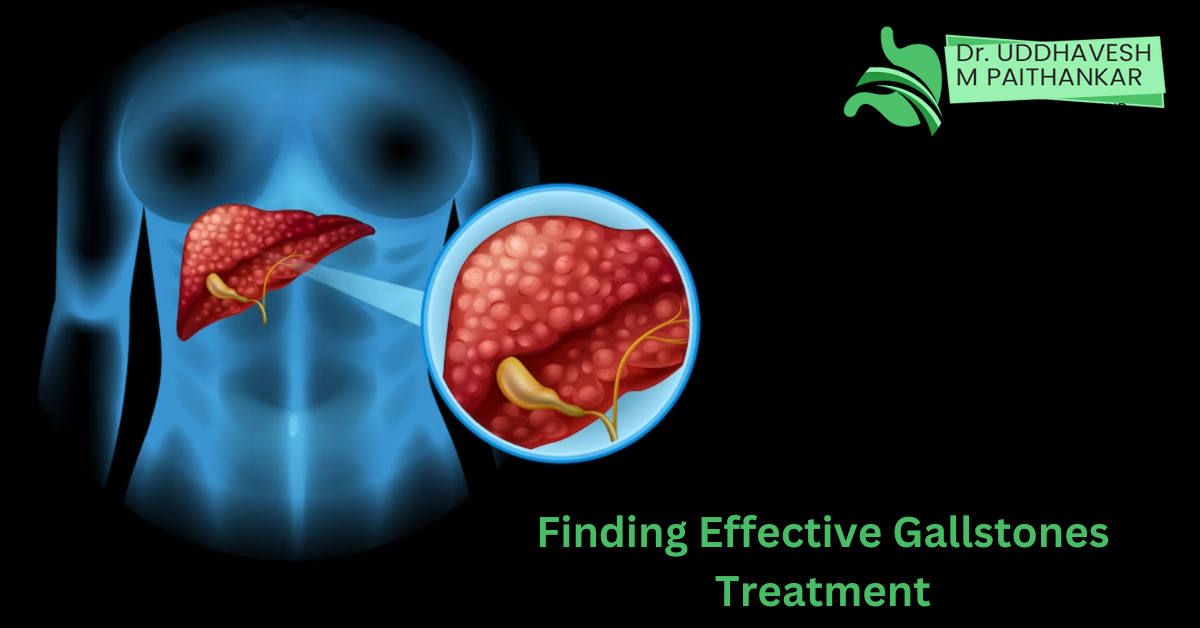Gallstones, a common digestive issue, may be extremely painful and
uncomfortable. They develop when the liver's fluid bile hardens and
crystallises into gallbladder stones.
It's critical to get treatment if you have gallstone symptoms in order to
reduce your symptoms and avoid further issues. We'll talk about successful
gallstones treatment choices in this article.
- Finding the underlying cause is the first step in treating gallstones. A high-fat diet, obesity, and a family history of gallstones are typical risk factors for gallstones. The treatment can be customized to target the particular reason after the underlying cause has been determined.
- Gallstones may occasionally go unnoticed and not need to be treated. However, therapy could be required if your gallstones are causing discomfort, nauseousness, or vomiting. The procedure known as a cholecystectomy, which removes the gallbladder, is one of the most popular methods of treating gallstones. Laparoscopic procedures can be used to accomplish this less invasive surgery, allowing for a quicker recovery.
- Medication is yet another gallstone therapy option. In rare circumstances, the
bile acid drug ursodeoxycholic acid can aid in the dissolution of cholesterol
gallstones. However, not everyone should use this drug, as it may not be
beneficial for all types of gallstones.
- A gastroenterologist should be seen if you are exhibiting gallstone symptoms in order to establish the most appropriate course of action. There are several skilled gastroenterologists that can aid in the identification and management of gallstones.
In conclusion, it offers excellent options for gallstones treatment in Gurgaon, despite the fact that they can be a painful and inconvenient ailment. You may get rid of gallstones and enhance your digestive health by determining the underlying reason and seeing a gastroenterologist.

Comments
Post a Comment